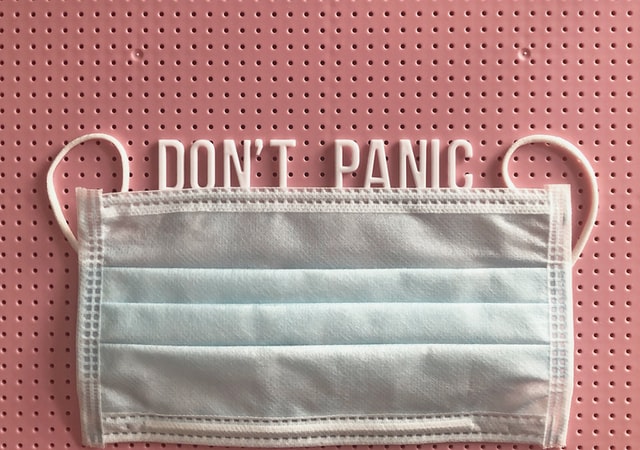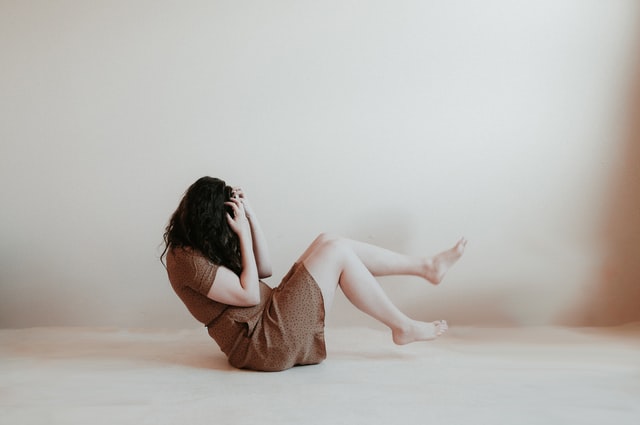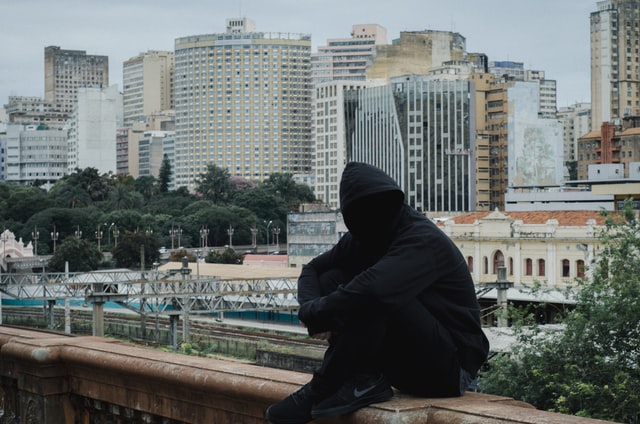“Obsessive-compulsive disorder, OCD can be difficult enough to deal with even without an evolving worldwide pandemic. However, some people with OCD, particularly those whose symptoms or obsessions are regarding contamination, getting sick, or causing harm to others, are struggling more than usual as a direct result of the COVID-19 pandemic. Although feelings of fear and uncertainty are normal and completely acceptable for anyone right now, people with OCD may experience exacerbated symptoms that make day to day living extremely difficult.” says Business Strategist and Business Astrologer™ Hirav Shah.
Shah adds, “If you struggle with OCD or are simply finding yourself obsessing or thinking about the virus so much that impacts your well-being, it’s important to know how you can cope. Of course, good hygiene is important and mask-wearing is essential, but if your urges are causing you to go too far or become crippled with anxiety, it’s time for a change.”
How COVID19 May Affect People With OCD?
Hirav Shah explains that the rampant spread of COVID-19 across the world has begun normalizing certain public health and safety measures that American’s aren’t used to. For example, wearing a face mask is no longer for those in poor health – it’s mandatory in many states for everyone. Plus, it is now commonplace to see signs reminding people of proper handwashing, markers to keep people six-feet apart, and even arrows telling people which way to walk down the grocery store aisle.
At the same time, some of the most common fears and obsessions that people with OCD struggle with include contamination, hoarding, and hurting others. Unfortunately, the ways in which COVID-19 affects people with OCD are directly related to these three obsessions.
Fear of contamination – as one of the most common and challenging fears associated with OCD, individuals who obsess over contamination will take unnecessary measures to keep their homes and personal belongings sanitary. During COVID-19 when the general public is already focused on cleaning, handwashing, and sanitizing, the immense pressure to stay germ-free can take a serious toll on people with OCD.
Obsession with hoarding – Hoarding and OCD are actually considered two separate conditions, however, it is common for people with OCD to hoard certain items. For example, during COVID-19 when items like hand sanitizer and hand soap are in high demand, some individuals may hoard these items and purchase far more than they need to. This can lead to a shortage of items for other people who also need them.
Irrational fear of hurting others – Some people with OCD have a fear of hurting others, whether it be accidental harm or purposeful harm. While preventing the transmission of COVID-19 is vital, individuals with OCD might worry so much about getting others sick that they will go to extreme measures to isolate themselves.
The fears and obsessions associated with OCD tend to get worse when individuals are under high levels of stress. During COVID-19, there are endless triggers and situations that may increase levels of stress and trigger OCD-related tendencies, such as constant advice from the media, reminders in social situations, and social distancing guidelines. Although these health precautions are essential for reducing the spread of the virus, they may make life more challenging for some people with OCD. As a result, it is important to know how to cope if you are affected.
Tips for Coping With OCD During a Pandemic
It’s important to continue taking the necessary precautions for the safety of the community while taking care of your mental health. Doing so will help people with OCD cope with the effects of COVID-19. Some tips to cope with OCD during a pandemic include:
Limit news and social media intake – The information in the news is heavy and contains a lot of disheartening information. Social media, on the other hand, is known for spreading misinformation and instigating fear. While you might be tempted to check the news excessively, this can increase your stress and anxiety levels. As a result, if you’re trying to keep your OCD symptoms at bay you should limit your news intake and make sure you’re getting it from sources you trust.
Find online support or go to therapy – To help mitigate the spread of COVID-19 many therapists have turned to online sessions so they can continue helping their clients. Since cognitive-behavioral therapy (CBT) is one of the most effective OCD treatments, individuals can gain access to professional CBT by means of teletherapy. This way, you don’t have to struggle with leaving the home for your appointment, but you still get access to the professional guidance and support that you need.
Try self-help learning programs – Sometimes, therapy can get expensive. And, with millions of Americans out of work, insurance may be unaffordable. Fortunately, research has shown that online self-help CBT learning programs are effective for some people with OCD. Many of these are low-cost or even free community programs. However, it is always best to consult with a professional, if possible.
Extend compassion to yourself – Practicing self-compassion is more important right now than ever before. People with pre-existing mental health conditions are experiencing worsening symptoms as a direct result of the pandemic. However, if individuals fight these feelings or shame themselves for feeling the way they do, it will only make things worse. Instead, it is vital to extend compassion to yourself and remember that it is normal to worry, it is okay to feel stressed, and it is encouraged to ask for help.
“Whether you’re struggling with OCD or any other mental health condition, the effects of the pandemic may put you at a higher risk of relapse, unhealthy behaviors, and even suicidal thoughts. If you have noticed a worsening in your symptoms, are thinking about suicide, or simply feel like you need someone to talk to, you should find a local support group or speak to your healthcare provider today. Regardless of how you may feel, help is available and there is hope,” concludes Hirav Shah.













